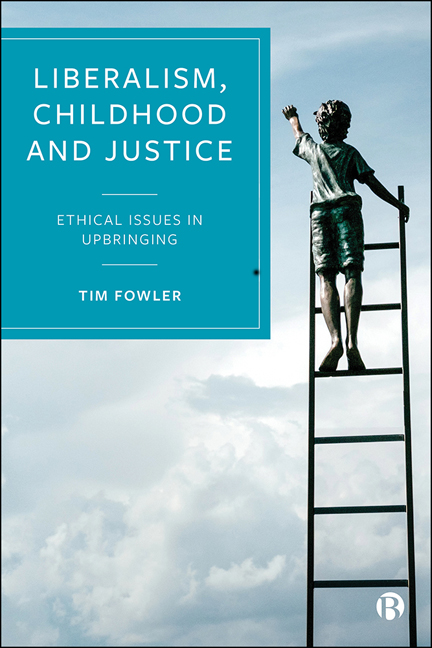9 - The Project View of Parenting
Published online by Cambridge University Press: 25 February 2021
Summary
The role of Part IV in the ongoing argument of this book is to integrate the morality of parenting into the perfectionist view developed earlier. According to my theory, the best set of institutions are the ones that best enable people to live flourishing lives and the best set of childrearing practices are the ones that best promote children's interests, as described in previous chapters. In this chapter, I discuss how this view of politics might seem deeply hostile to parental rights and instead require that children are raised by whomever is best placed to care for them. Against this challenge, I show that the special value of parenting means that all people should have access to a secure right to become a parent.
The best available parents
Biological parents are presumed to have powerful rights to look after their own children and most children in contemporary liberal societies are raised by one or both of their biological parents. While the state has the power to remove children from their parents, such power is used only in extreme cases. However, while the practice of entrusting children to the adults who created them is well established, there is no necessary reason why society must be organized this way. Children could be allocated to whoever is most likely to care for them effectively. This is the best available parent view (BAP). While intuitively troubling – since it would require the redistribution of children – the BAP flows from the highly plausible view that parental rights are justified by appeal to the child's own interests in having their basic needs met and in qualities such as special attachment and love (see Lau, 2015).
This view of parental rights is known as a fiduciary approach, since parents only acquire rights because the child requires them to have such powers. It follows that the question of who has parental rights should be determined by the child's needs. This way of thinking mirrors other cases in which someone gains rights over another person who is incapacitated, such as those granted powers over someone with dementia.
- Type
- Chapter
- Information
- Liberalism, Childhood and JusticeEthical Issues in Upbringing, pp. 97 - 110Publisher: Bristol University PressPrint publication year: 2020



